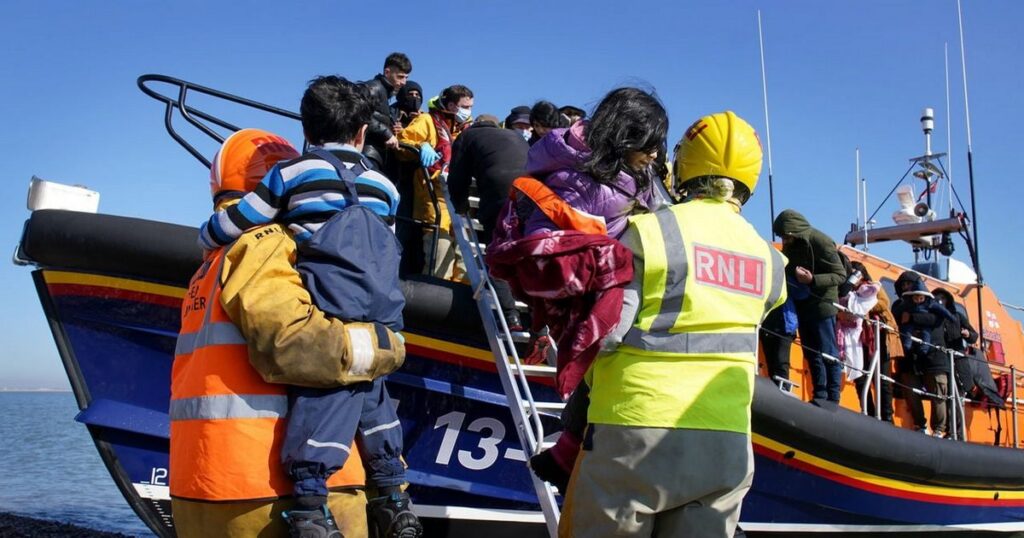Illegal migration refers to the movement of people across national borders without proper documentation or authorization. The English Channel, which separates the United Kingdom from the continent of Europe, has seen a significant increase in illegal migration via small boats in recent years. This trend has had several negative effects both socially and economically.

One of the primary negative effects of illegal migration via small boats across the English Channel is the human cost. These journeys can be extremely dangerous, with many people risking their lives to make the crossing. In 2019, at least 283 people died while attempting to migrate illegally to Europe by sea, according to the United Nations High Commissioner for Refugees (UNHCR). These deaths are often caused by overcrowding, poor weather conditions, and the lack of proper safety equipment on the small boats that are used for the crossing. The UK as seen over 40,000 cross the English Channel this years alone with 12,000 of these migrants being from Albania equating to 10% of the male population of that country
In addition to the human cost, illegal migration also has social consequences for both the host country and the country of origin. In the host country, the influx of illegal migrants can put a strain on social services and resources, including housing, healthcare, and education. This can lead to tensions between the local population and the migrants, as well as between different groups of migrants.
Illegal migration also has economic consequences, both for the host country and the country of origin. In the host country, the cost of providing services and resources to illegal migrants can be significant. This can include the cost of housing, healthcare, and education, as well as the cost of law enforcement and immigration control. In addition, illegal migration can also lead to a decline in wages and job opportunities for citizens and legal residents, as the influx of migrants can increase competition for jobs and drive down wages.
In the country of origin, illegal migration can also have negative economic consequences. The loss of skilled workers can lead to a decline in productivity and economic growth, as well as a brain drain as talented individuals leave the country. In addition, the money that is spent on attempting to migrate illegally can also drain resources from the country, as individuals and families may spend their savings on the risky and expensive journey.

There are also long-term consequences to consider when it comes to illegal migration. For example, many illegal migrants may struggle to integrate into their new communities and may face discrimination and social exclusion. This can lead to a cycle of poverty and social marginalization, as individuals may be unable to access education, employment, and other opportunities that could help them improve their lives.
In conclusion, illegal migration via small boats across the English Channel has several negative effects, both socially and economically. These effects include the human cost of the dangerous journeys, the strain on social services and resources in the host country, and the economic consequences for both the host country and the country of origin. It is important for countries to address the root causes of illegal migration, such as poverty, conflict, and persecution, in order to find more sustainable and humane solutions to this complex issue.





































You should write more. When you would find the time I don’t know, but you do it well.
Thanks mate, I do try but always busy with lots of other things LOL